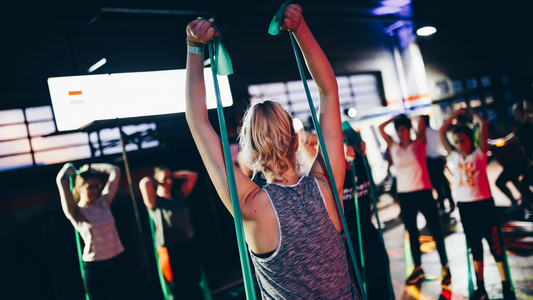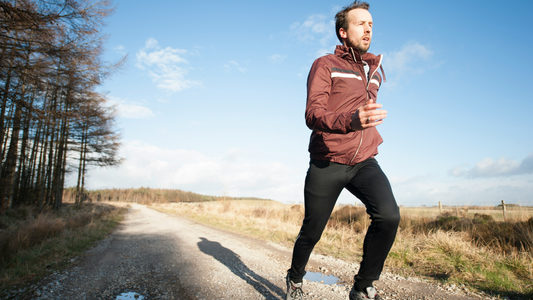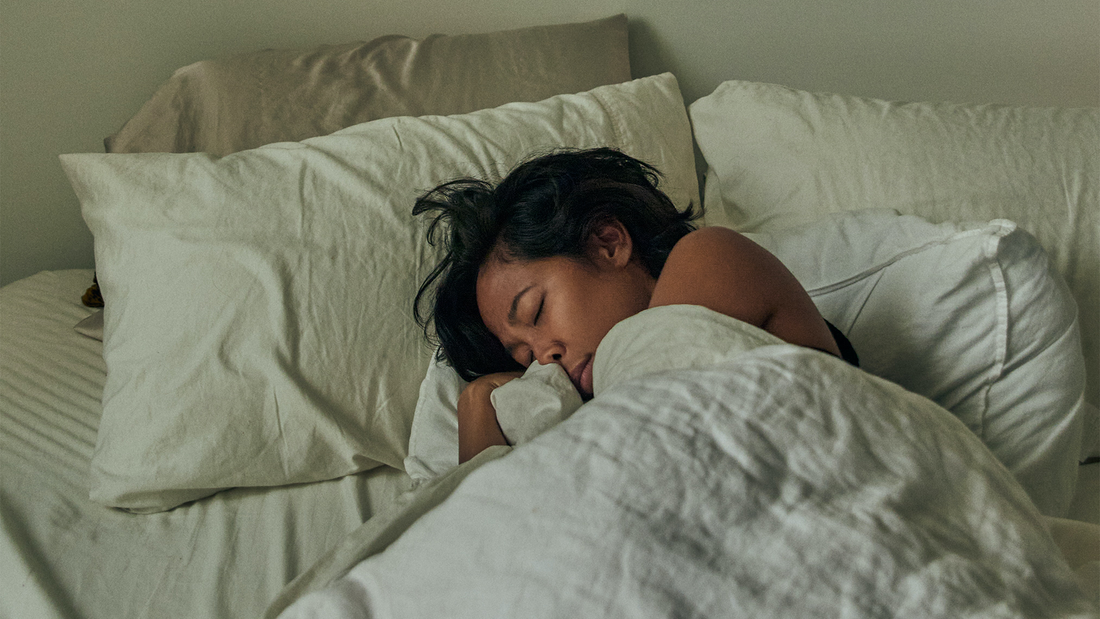
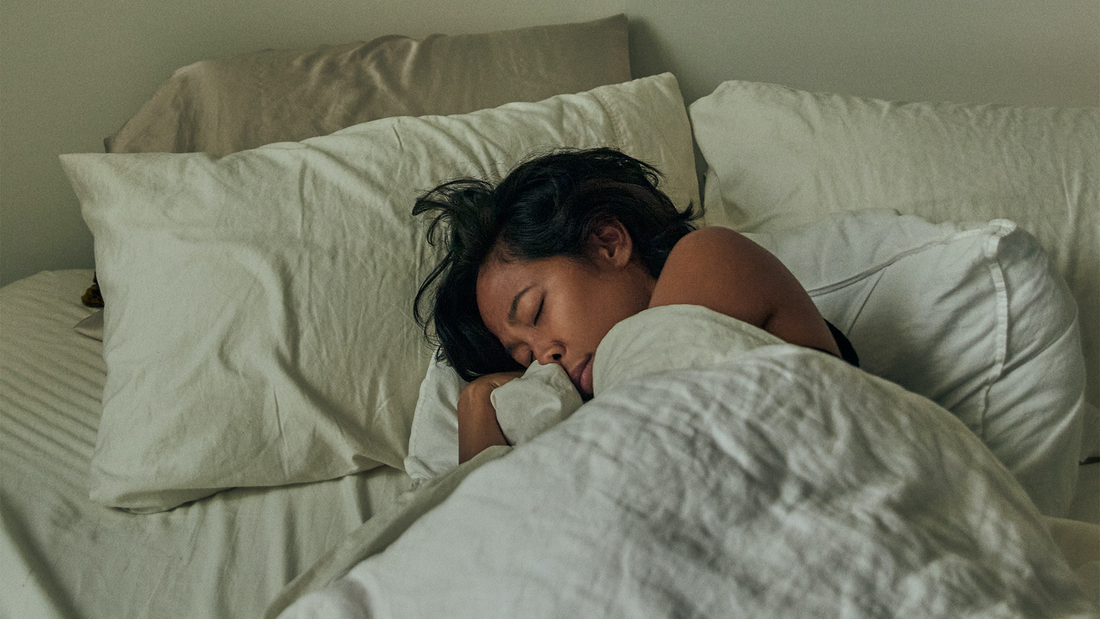
Fitness & Sleep: What’s the Connection?
For most people, when they think about fitness, the concepts that come to mind are usually being active, burning calories or breaking a sweat. But what you may not realize is that sleep is something that is also deeply-connected to your overall health and wellness. After all, obtaining the proper amount of rest can be just as important as eating healthy food, working out, and tracking your progress.
Studies have shown that sleep is a vital component of fitness plans, as it can help improve your energy levels, ensure that your muscles stay healthy, and help maintain hormonal balance. In turn, focusing on fitness can also make a big impact on the quality levels of your sleep, creating a symbiotic relationship between these two crucial activities.
Let’s take a look at the connection between fitness and sleep and their importance on your health and wellness.
Fitness & Sleep: How They Are Connected
Fitness, nutrition, and sleep are three pillars of the foundation you need in order to enjoy a healthy lifestyle. It might seem easy to just focus on improving one of these factors, but if you work on improving all three, you will enjoy many benefits that can be helpful for you to maintain both your physical and mental health.
When you sleep, that restful time allows your body time to recover, conserve energy, and repair and build up the muscles that you worked while you were exercising (or even just using during your day-to-day activities). And when you achieve quality sleep, your body produces growth hormones that are hugely beneficial. These growth hormones help us grow during childhood and adolescence, and as we get older, they help us build muscle and are an essential component for our athletic recovery as well.
Exercise can be helpful when it comes to ensuring that you are resting well at night, too. Experts say that even moderate exercise can increase sleep quality for adults as it not only reduces the time it takes to fall asleep, but it also decreases the amount of time they lie awake in bed during the night. Additionally, physical activity can help alleviate daytime sleepiness and, for some people, it can also help reduce the need for sleep medications.
Fitness & Sleep: The Data
When we workout, we feel good. When we get a good night’s sleep, that also makes us feel good. While our inherent desire as human beings is to feel good, the connection between sleep and fitness runs much deeper than just a physical reaction. In fact, the numbers back up the link between the two and prove just how important being active and being mindful of your rest can be to your overall well-being.
One of the biggest problems when it comes to sleep is that Americans have a major issue when it comes to getting enough rest. In fact, more than 30 percent of adults suffer from some form of sleep-deprivation, which means that we are not getting the recommended seven to nine hours a night of rest that is required. According to the Harvard University School of Public Health, nearly 40 percent of adults report unintentionally falling asleep during the day at least once a month, and up to 70 million Americans have chronic sleep problems. So, if we’re not sleeping enough, that means other aspects of our health will be adversely affected.
Acording to Charlene Gamaldo, M.D., Medical Director of Johns Hopkins Center for Sleep at Howard County General Hospital, there is evidence that exercise not only can help you fall asleep more quickly but it improves your overall sleep quality as well. And if you’re getting a good amount of rest, that’s going to help you when you head to the gym to focus on your physical activity. For those who regularly exercise, sleep is something that is more easily attainable than for those who indulge in generally sedentary lifestyles.
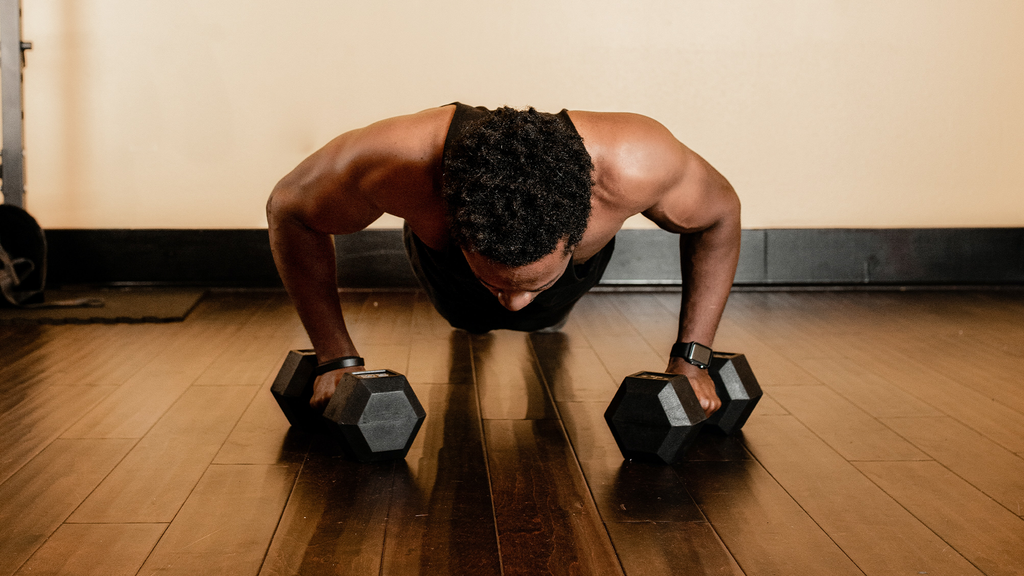
If you're looking to improve your workout performance, a good night's sleep is one way to make sure that you're achieving your goals in the gym.
A recent study by Northwestern University found that people who got the recommended amount of sleep needed were far more successful during their workouts, sometimes even exceeding their intended goals, because they felt more rested and capable to tackle different activities.
During the study, researchers divided the subjects into two groups where one group remained utilizing a sedentary routine, while the other group began a regular exercise program that included several 30-minute sessions per week of moderate aerobic exercise. After 16 weeks, the exercise group had improved sleep significantly and across several measures of sleep, including sleep duration and sleep quality, as well as daytime sleepiness. The exercisers also reported improvements to their moods and to their quality of life.
When you engage in routine physical activity, that not only helps strengthen your circadian rhythms (your body’s internal clock), but it also improves your daytime alertness, and helps initiate a feeling of sleepiness at night, which makes bedtime an easier feat to tackle. Exercise has even been shown to improve sleep for people with sleep disorders, including insomnia and obstructive sleep apnea.
Fitness & Sleep: Why They Are Both Important
Like most things in life, there is no quick fix when it comes to solving your sleep problems. But when it comes to sleep and fitness, there is a significant benefit to be gained by sticking with a regular exercise routine, beyond the impact that this regimen will have on your physical abilities.
Technically, sleep deprivation doesn’t affect your cardiovascular and respiratory responses to exercise, your performance capability, muscle strength, or the electromechanical responses of your. But your body will feel fatigued much faster if you don’t get enough rest, making it feel tougher for you to work out at your maximum capacity.
By committing to a regular exercise schedule, that will allow you to subsequently enjoy the benefits of improved sleep over time. After all, when you focus on your fitness and keeping up with your workouts, you often have goals in mind, like increasing the amount of weights you can life, the distances you can run, or even the calories that you want to burn.
But if you aren’t getting enough rest, that can make it harder for you to achieve those goals because your body isn’t able to reap the benefits of good quality sleep, including conserving energy, repairing muscle tissue, and producing the proper amount of growth hormones required for athletic progression.
Simply put, not sleeping enough is sure to hinder your performance both in-and-outside of the gym.
It seems like it can be difficult to prioritize both fitness and sleep at the same time, but it is something that is very important for everyone to do, whether or not you’re a highly trained athlete, someone new to the world of fitness, or you’re just trying to make it through your every day activities with the proper amount of energy.
There’s no denying that fitness and sleep heavily influence each other. That is why you should make sure to be mindful of how much rest you are getting each night and be sure to include some form of physical activity every day in order to experience ongoing improvements to your overall well-being. And as you make progress with your fitness, be sure to use ZOZOFIT to track all the changes you are experiencing.

![zf-w-[168px] zf-h-[40px]](http://zozofit.com/cdn/shop/t/15/assets/logo-desktop.png?v=117713855448369080381753069598)
